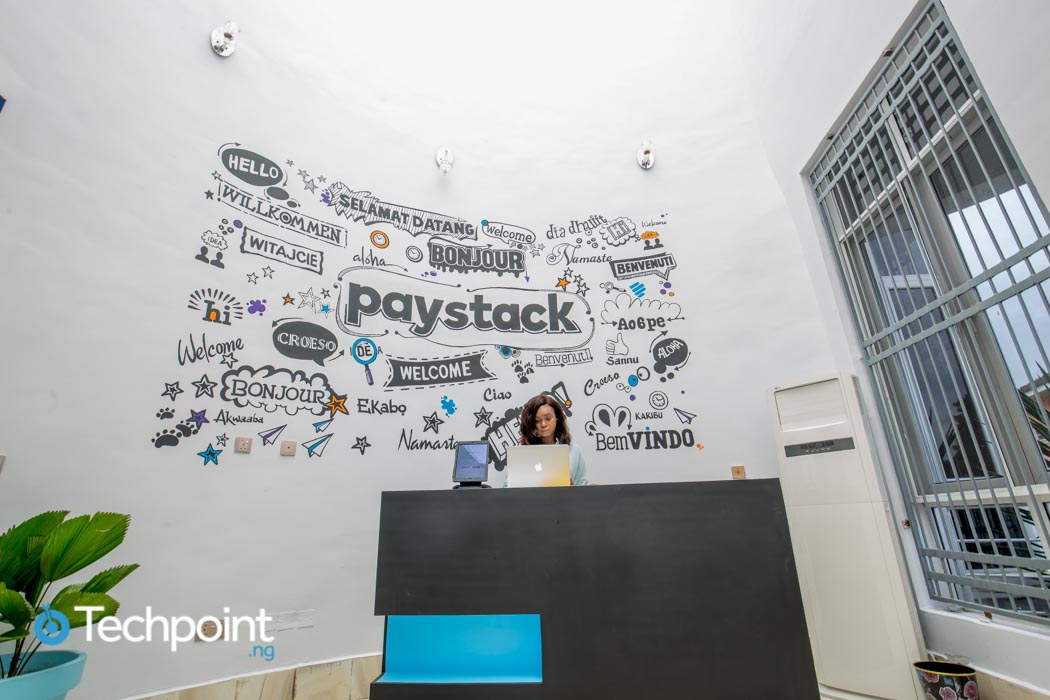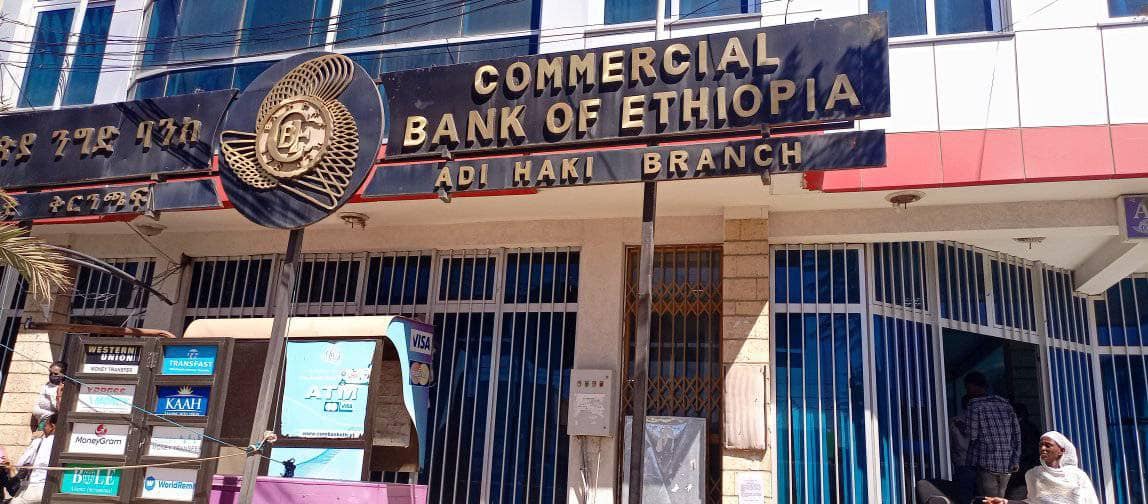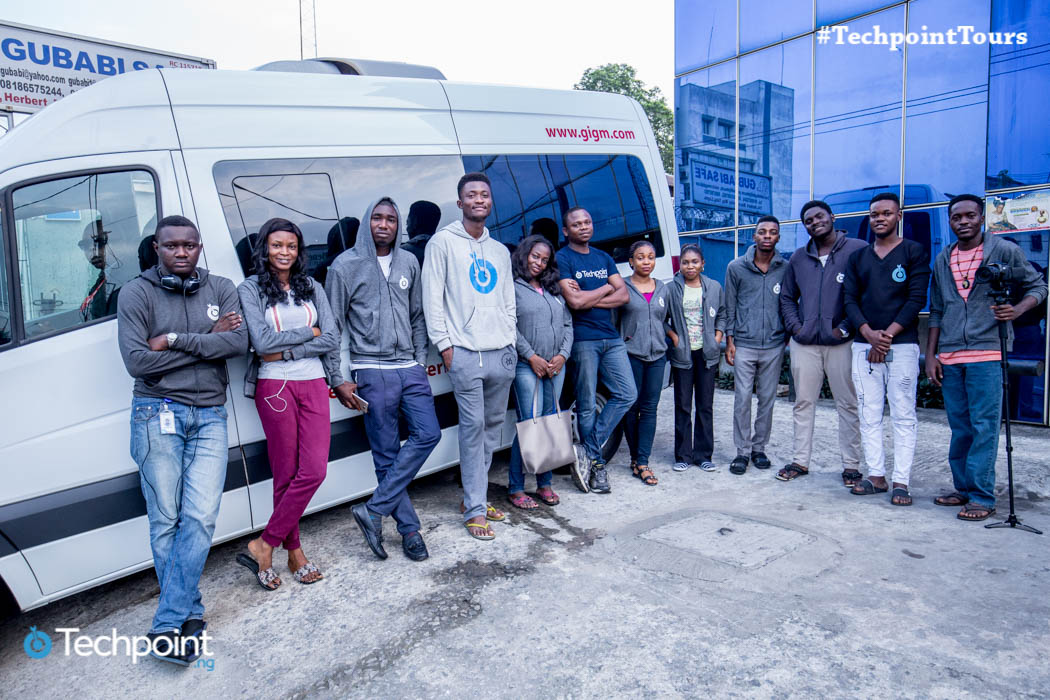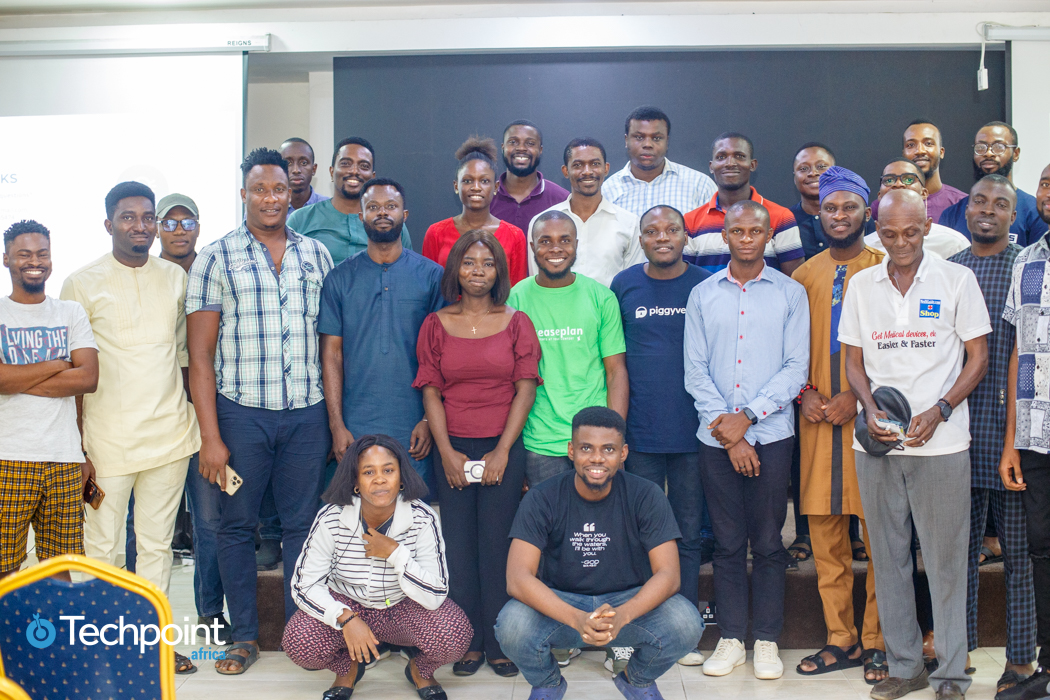The news
- Paystack has received the necessary licences to operate in Egypt and Rwanda while partnering with existing fintechs to launch in Côte d'Ivoire.
- It has therefore expanded into three new markets: Côte d'Ivoire, Egypt, and Rwanda.
- The fintech company has also announced a private beta in the three new markets to refine its platforms in these countries.
Nigerian fintech startup, Paystack, has received the necessary licences to operate in Egypt and Rwanda. It has also partnered with leading financial institutions to offer financial services in Côte d'Ivoire.
Per its blog post, it is officially, expanding into these three countries bringing the number of markets where it operates to seven — Ghana, Kenya, Nigeria, South Africa Côte d'Ivoire, Egypt, and Rwanda.
Paystack will start its expansion into these countries with a private beta that will help it "refine our platform in each of these countries, implement feedback, and ensure that we build a fast, reliable, and truly delightful payment experience for each respective market."
Paystack's slow and steady expansion strategy
Founded in 2015 by Shola Akinlade and Ezra Olubi, Paystack's first expansion outside Nigeria was to Ghana in 2018.
It launched fully in the West African country after a six-month pilot with selected businesses. It launched in Ghana to tap into the growing eCommerce sector and the demand for online payment solutions at the time.
Similarly, its expansion into South Africa in 2021 started with a six-month-long beta programme. It chose South Africa as the next expansion location to leverage its already sophisticated fintech landscape.
Kenya was Paystack's fourth destination for expansion in 2022. However, its beta programme for the Eastern nation was longer than Ghana's and South Africa's.
This expansion strategy is in sharp contrast to other fintech powerhouses like Flutterwave which has expanded beyond Africa rapidly.
According to an interview with Paystack's COO, Amandine Lobelle, "Our expansion strategy is based on thorough research, considering factors such as GDP, card penetration, population size, and the strength of the startup and developer ecosystem. We focus on penetrating markets that serve as regional hubs and are strategically positioned to facilitate sub-regional growth."

Don't miss out on Africa's financial revolution
Give it a try, you can unsubscribe anytime. Privacy Policy.





















